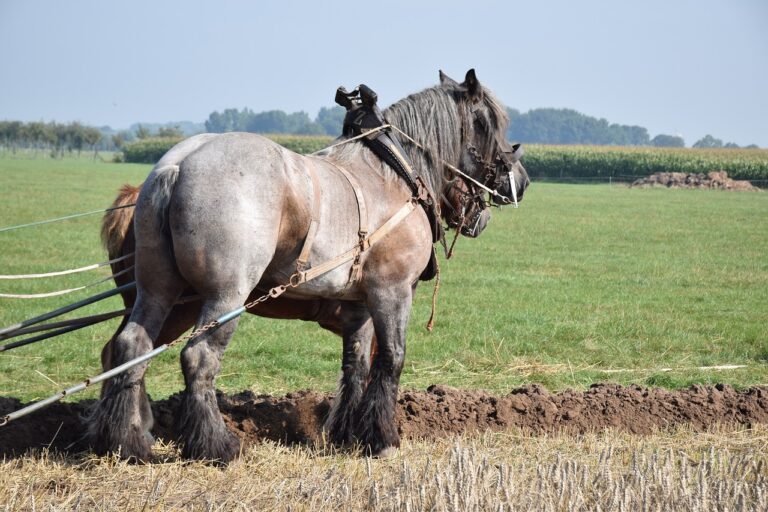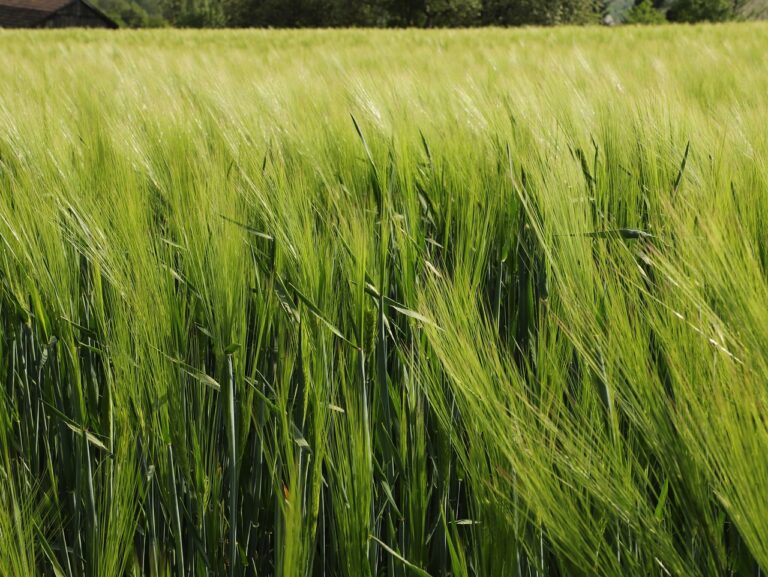Exploring the Benefits of Urban Farming: Addressing Food Security in Cities
Urban farming, also known as urban agriculture, is a growing trend that involves cultivating, processing, and distributing food in and around urban areas. With the increasing global population and rapid urbanization, food security has become a major concern for cities around the world. Urban farming offers a sustainable solution to address this challenge by producing fresh, healthy food locally and reducing the dependence on long-distance food transportation.
The Benefits of Urban Farming
1. Improved Food Security
One of the primary benefits of urban farming is its ability to increase food security in cities. By growing food locally, urban farmers can ensure a more consistent and reliable food supply, reducing the risk of food shortages during times of crisis or disruption.
2. Access to Fresh Produce
Urban farming allows city dwellers to have access to fresh, locally grown produce. This not only ensures a higher quality of food but also promotes a healthier diet among urban residents.
3. Environmental Benefits
Urban farming has a positive impact on the environment by reducing the need for long-distance transportation of food, which helps to lower carbon emissions and reduce the overall carbon footprint of cities.
4. Community Building
Urban farming can help communities come together to grow and share food, fostering a sense of collaboration and connection among residents. Community gardens and urban farms provide a space for people to engage with nature and learn valuable gardening skills.
5. Economic Opportunities
Urban farming can create economic opportunities for individuals and communities by providing jobs in food production, distribution, and sales. It also has the potential to stimulate local economies and support small-scale farmers and businesses.
Challenges of Urban Farming
1. Limited Space
One of the main challenges of urban farming is the limited space available in cities for food production. Urban farmers need to be creative in utilizing small spaces such as rooftops, vacant lots, and vertical gardens to grow crops.
2. Soil Contamination
Urban soils can be contaminated with heavy metals and other pollutants, posing a risk to food grown in urban areas. Urban farmers need to test the soil regularly and take steps to remediate any contamination to ensure the safety of their crops.
3. Zoning Regulations
Zoning regulations and land use policies can pose challenges for urban farmers looking to establish or expand their operations. Many cities have strict rules governing agricultural activities within city limits, making it difficult for urban farmers to access land for cultivation.
4. Access to Resources
Urban farmers may face challenges in accessing resources such as water, seeds, and tools needed for successful food production. Lack of adequate resources can hinder the growth and sustainability of urban farming initiatives.
5. Climate Change
Climate change poses a threat to urban farming by causing extreme weather events such as droughts, floods, and heatwaves. Urban farmers need to adapt to changing climatic conditions and implement strategies to mitigate the impact of climate change on their crops.
Case Studies
1. Brooklyn Grange Rooftop Farm, New York City
Brooklyn Grange is a commercial rooftop farm located in Brooklyn, New York City. Spanning over two acres, it produces over 50,000 pounds of organically grown vegetables each year, which are sold to local restaurants and markets. The farm also offers educational programs and events to engage the community in urban agriculture.
2. Growing Power, Milwaukee
Growing Power is a nonprofit organization based in Milwaukee, Wisconsin, that operates urban farms and community food projects to promote food security and sustainability. The organization grows a variety of fruits and vegetables using methods such as aquaponics, composting, and vermiculture.
Conclusion
Urban farming has the potential to address food security issues in cities by providing a sustainable and locally sourced food supply. By overcoming challenges such as limited space, soil contamination, and zoning regulations, urban farmers can create a more resilient and vibrant food system that benefits both the environment and the community. With the growing interest in urban agriculture, cities around the world have the opportunity to embrace this movement and reap the many benefits it has to offer.
FAQs
Q: What is urban farming?
A: Urban farming is the practice of growing and cultivating food in and around urban areas, typically on rooftops, vacant lots, or community gardens.
Q: How does urban farming benefit cities?
A: Urban farming can improve food security, provide access to fresh produce, promote environmental sustainability, build community connections, and create economic opportunities in cities.
Q: What are some challenges of urban farming?
A: Some challenges of urban farming include limited space, soil contamination, zoning regulations, access to resources, and the impact of climate change on food production.







